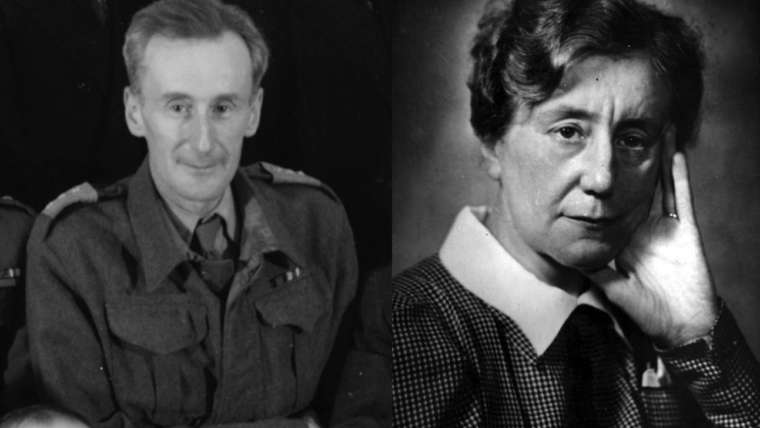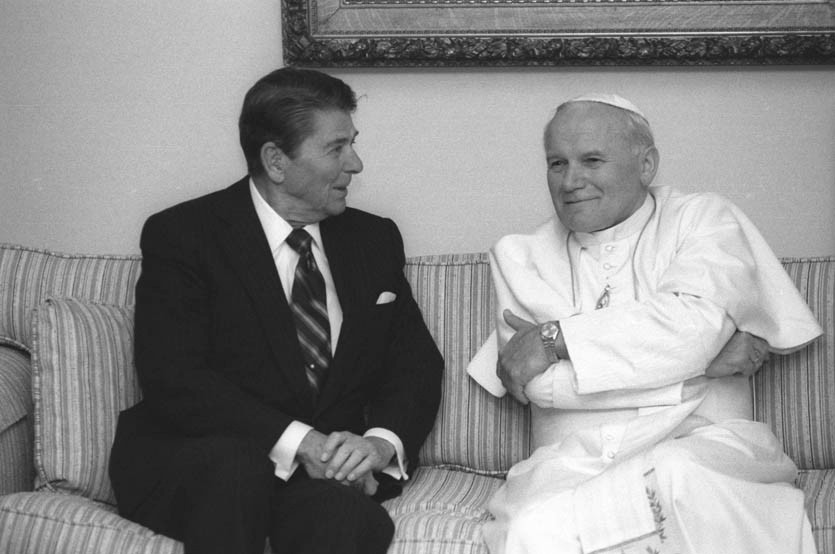Originally posted on December 4, 2013
Today’s political prisoners who are fighting for democracy and human rights are still being held in China, Iran and in many other countries. While much of Central and Eastern Europe, previously under Soviet domination is now free, Belarus and Russia are still ruled by autocratic leaders and pro-democracy forces in Ukraine are struggling to free their country from Putin’s blackmail. Attacks on independent journalists continue in Russia. Media freedom and human rights situation in many other nations can be far worse.
In some countries like Iran, Tibet and China, even in the age of the Internet and smart phones, radio broadcasts remain the safest and still a vital link to uncensored outside information for pro-democracy and human rights activists and their families and supporters, although some individuals find ways to get their news from the blocked Internet sites. Tibetan monks told an NPR reporter that they listen to Voice of America (VOA) shortwave broadcasts. Blind Chinese human rights campaigner Chen Guangcheng said after being granted asylum in the United States that he was able to listen to VOA and Radio Free Asia even while being held in a Chinese prison camp. He did not disclose how it became possible for him to get a radio receiver into prison, but other political prisoners in other countries reported similar feats before. At the very least, their families were able to listen to Western radio broadcasts and pass on news to prisoners during prison visits.
In the early 1980s, America’s attention was on Poland and on Solidarity trade union leaders being interned by the communist regime of General Wojciech Jaruzelski, who on December 13, 1981 had declared martial law. President Ronald Reagan and the rest of America immediately offered their moral and material support to Solidarność.


